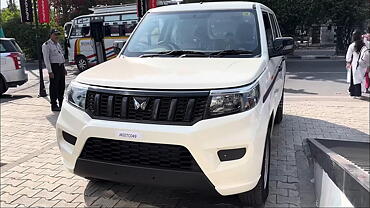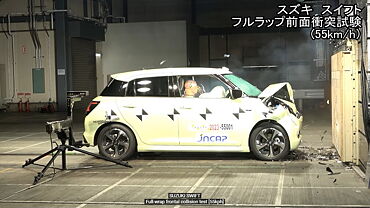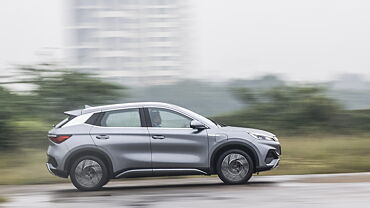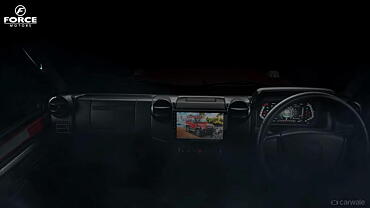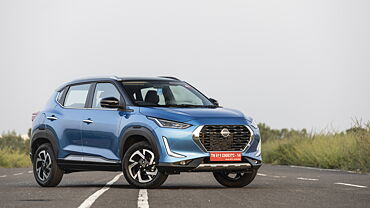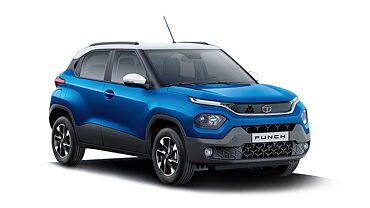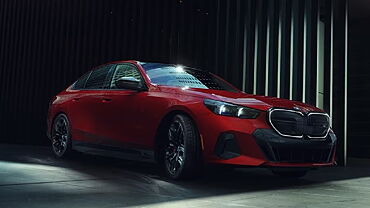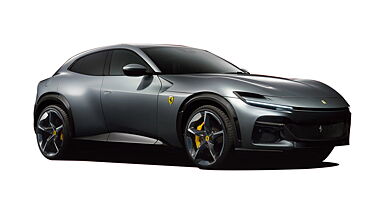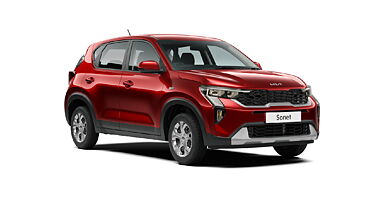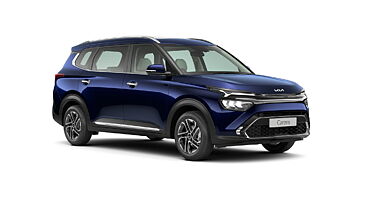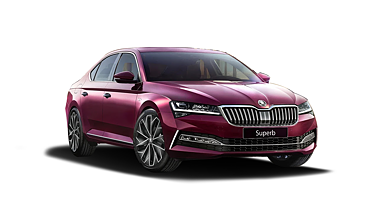Big players of Indian auto industry have gradually increased production of their diesel models by a third against the outputs of last year, to meet the significant surge in their demand. Despite a decent demand in the market, the stock of diesel models rose almost twofold from 52,250 units in May 2011 to 1,07,818 units in same period this year. In contrast, the inventory of petrol models collapsed merely 1.75 per cent and amounted to 1,93,094 units during the period.
In May 2012, the stock of diesel models accumulated by Tata Motors in domestic market stood at 40,296 units, whereas the same of Mahindra & Mahindra expanded by 69% and amounted to 24,248 units. Although the production of petrol vehicles was decreased by 12% in fiscal 2012, the industry reported inventory of 193,094 petrol models in May 2012. Out of the abovementioned figure, half was attributed only to the largest car maker of country, Maruti Suzuki.
Cumulative unsold stocks of petrol and diesel models were reported at 3,00,912 units in May 2012, which is relatively higher than the number of passenger vehicles delivered in the period (221,135 units). The utilisation level of production facilities in the domestic market has reduced by four percentage points and stood at 66.35% in FY2011-12.
Increase in the diesel inventory has created an unfavourable situation for the industry as the Union Oil Ministry has proposed imposing extra duties on diesel models to balance their demand in domestic market. In May 2012, the share of diesel models in cumulative passenger vehicle sales expanded to 44 per cent from 32 per cent of the year-ago period.
The difference between the prices of petrol and diesel is presently floating at Rs. 30.69 per litre, which has bent a large number of buyers towards diesel-run cars. Going by this statistic, in India, petrol is around 75% higher than diesel which is said to be among the highest price differences between the two fuels in the global arena. In stark contrast to India’s situation, the difference between prices of petrol and diesel is merely 3% in the European Union.
Besides the sentiments of buyers, car makers are also concerned over the additional taxes on diesel vehicles. A senior executive of a leading automobile company quoted, “Interest rates were expected to come down, but that has not happened. Inflation remains high, the rupee weak. There is a waiting on all cars, diesel or petrol, except one or two models.”
In a study, it was estimated that only 1% of the total diesel used in India is used for personal purposes. The official further said, “The government should reduce the price gap between diesel and petrol. With every one rupee increase in diesel price, the government will earn Rs 6,000 crores, whereas for a 5% increase in excise duty on passenger vehicles, the government would get Rs 2,500 crores. Besides, a levy would also choke sales.”
An executive of another auto maker said, “The reason for petrol cars not selling very well is the high petrol price, and not the low diesel price. Consumers will not start buying petrol vehicles if additional taxes are induced on diesel vehicles. Whatever sales are taking place would also be hampered.”
During the second week of June 2012, Petroleum Minister Jaipal Reddy proposed an extra duty of Rs. 2,55,000 on medium and large-sized diesel vehicles. In addition to this, he also recommended additional tax of Rs. 1,70,000 on small-sized diesel vehicles to offset the subsidies applied on diesel.



